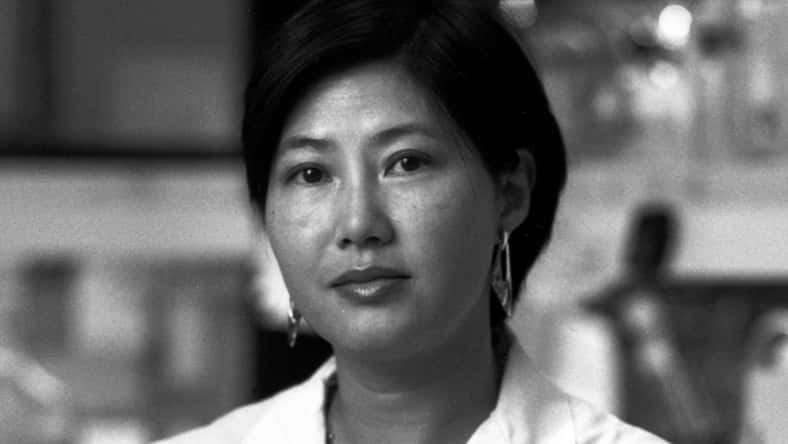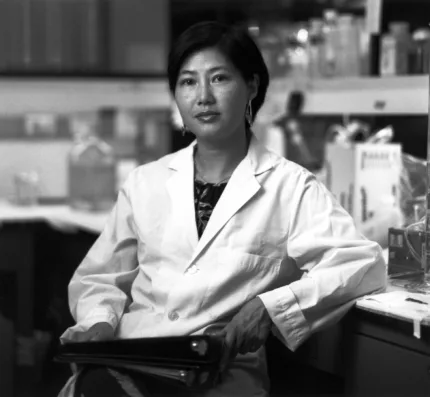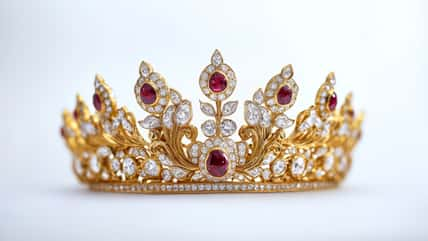She Was A Scientist Who Made Fundamental Discoveries That Furthered Our Understanding, As Well As Treatment, Of HIV And AIDS

As I’ve gotten older, I’ve realized that I was never taught about the lives of many female scientists.
Yet, there are women who have made miraculous discoveries in the science world that don’t get talked about enough or receive as much recognition as they deserve.
One of those women is Flossie Wong-Staal, who made fundamental discoveries that furthered research on HIV and AIDS.
Flossie was born in Guangzhou, China, in 1946. Her family moved to Hong Kong in 1952, and she attended an all-girls school where she thrived in science.
Her loved ones encouraged her to continue her studies in the United States, so she moved to California to attend the University of California in San Diego when she was 18.
After receiving her Bachelor of Science in bacteriology, Flossie earned her Ph.D. in molecular biology from UCLA in 1972.
A year later, Flossie moved to Bethesda, Maryland, to work for the National Cancer Institute and conduct research in retroviruses.
By 1982, when the HIV/AIDS epidemic first broke out, she became the chief of the Section of Molecular Genetics of Hematopoietic Cells. She and her team began honing in on studying HIV.
Then, Flossie made a groundbreaking achievement in the medical and science world when she became the first person to clone HIV. It was a critical step in HIV/AIDS research and helped to prove that HIV is the cause of AIDS.

National Cancer Institute – pictured above is Dr. Flossie Wong-Staal
In 1990, she returned to California to open the Center for AIDS Research at the University of California San Diego.
There, she did a lot of research on ways to prevent HIV, and all of her findings were critical in the work done to create drugs for treatment.
Flossie’s findings were so monumental that her work was cited more than any other female scientist in the 1980s.
Towards the end of her career, she continued researching HIV/AIDS at the University of California San Diego, taking on many leadership positions.
She became the co-founder of a biopharmaceutical company, Immusol, and worked as a research professor of medicine at UCSD until the end of her life.
Flossie passed away at the age of 73 in July 2020. She is survived by her husband, Jeffrey McKelvy, their two daughters, and four grandchildren. What a remarkable scientist she was!
If true crime defines your free time, this is for you: join Chip Chick’s True Crime Tribe
In 1997, This College Student Vanished Without A Trace After Moving To San Fransisco For The Summer
Stop Chasing Others’ Ideas Of “Success,” And Start Putting Your Own Feelings Of Fulfillment First
Sign up for Chip Chick’s newsletter and get stories like this delivered to your inbox.
More About:Chicks We Love





